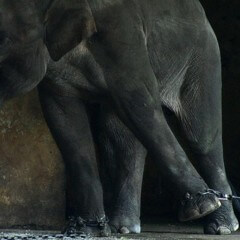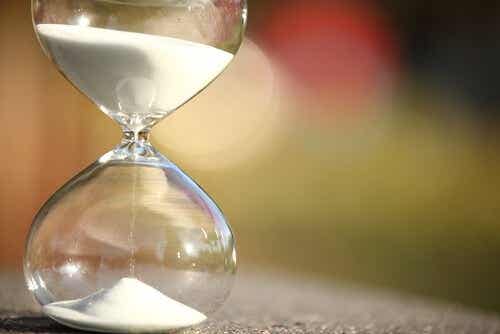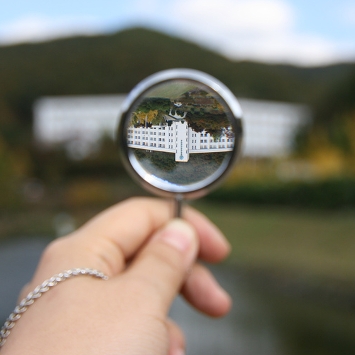Neither winning the lottery nor getting a promotion nor finding a partner will make us happy as we think. We invite you to find out how hedonistic adaptation relates to happiness.

Last update: June 16, 2022
Probably at some point in life you will have thought “I'll be happy when I have…”. In those moments, the desired goal seems to be the solution to achieve total well-being. Yet, once achieved, its positive impact is short-lived. Why does this happen? It is due to a phenomenon known as hedonistic adaptation.
It is important to know that it is not a disease, but a a mechanism that works in all people. Adaptation is essential for our survival; however, if we are not careful, it can lead to permanent dissatisfaction. We explain why.
What is hedonistic adaptation?
The hedonistic adaptation is the tendency in humans to return to baseline happiness shortly after experiencing a change. For example, many times we think that by winning the lottery our life would improve exponentially and we would be extremely happy. Or, on the contrary, that having an accident and losing a limb we would be deeply unhappy forever.
However, the evidence does not support this thinking. In reality, it is normal to return to a stable level of happiness relatively quickly. In light of this, neither the lottery nor the accident cause lasting changes in the general mood.
This can be very positive when we face painful events such as the loss of a loved one, a natural disaster, or a layoff. We are able to recover and move on.
However, when faced with pleasant events such as a pay raise, buying a new car or a wedding, hedonistic adaptation makes the happiness felt quickly vanish.
Why does this happen?
Hedonistic adaptation plays an important role. But how does it actually work? There are several factors that explain this rapid decline in happiness and we present them below.
Habit
The main reason hedonic adaptation occurs is because we get used to the presence of the positive element. When it is new, it gives us happiness; however, seeing him, having him and enjoying him every day, his impact on us loses strength.
It is a process similar to that of addictions. Over time, we get used to dopamine spikes and the substance or event it loses its invigorating potential; we have a growing need to feel that euphoria.
Hedonistic adaptation because there is no commitment
Interestingly, not all changes are equally affected by hedonistic adaptation. It has been found that those that occur circumstantially, without any effort on our part, are much more likely to quickly lose the ability to generate pleasure.
For example, buying a new shirt can leave us feeling elated for a while, but that feeling will soon wear off.
However, changes that require effort or action, which pose a constant challenge to us, usually make us happy for a longer time. It would therefore be appropriate to start writing a book or to enroll in that course that you so much want to do.
Need for self-realization
On the other hand, when we finally get what we wanted, new goals and desires arise in us immediately. We thought getting a raise would make us happy, but now we wish we had more free time.
We thought that by finding a partner we would get everything we needed, but now that we have one, we want a new car, a better look or a wider social circle.
Of course, this constant pursuit of improvement is natural. The human beings they set goals and work to achieve them. It is the way of self-realization and it is a fundamental need shared by all.
How to deal with the hedonistic adaptation?
The fact that this mechanism exists and is automatically activated in us does not mean that we cannot do anything to minimize its effects. Some options include the following:
- Try to vary some parameters so that the stimulation is not always the same and thus avoid addiction. For example, if you have a partner, we avoid falling into the routine by organizing different plans and activities, having fulfilling and varied conversations that go beyond the mundane.
- Set goals active (such as learning a new skill) instead of passive ones (such as acquiring material goods).
- To be grateful. We often make the mistake of taking for granted everything we have and what we have achieved, thus depriving ourselves of being able to feel pride and joy every day. To avoid this, let's take a few moments to enumerate and remember all the good things we have in life.
- Don't make happiness depend on big events. We learn to appreciate the little things and build our well-being in daily life. You don't have to wait for that big change to feel good, let's work to be happy today.
Conclusions
Hedonic adjustment brings us back to the level of happiness that preceded a novelty. The best option is to raise that "fixed point" to which we will return sooner or later.
If you already felt fulfilled before buying a new home, getting a job, or finding a partner, when the hedonic adjustment takes effect, you will still return to healthy levels of happiness.


























